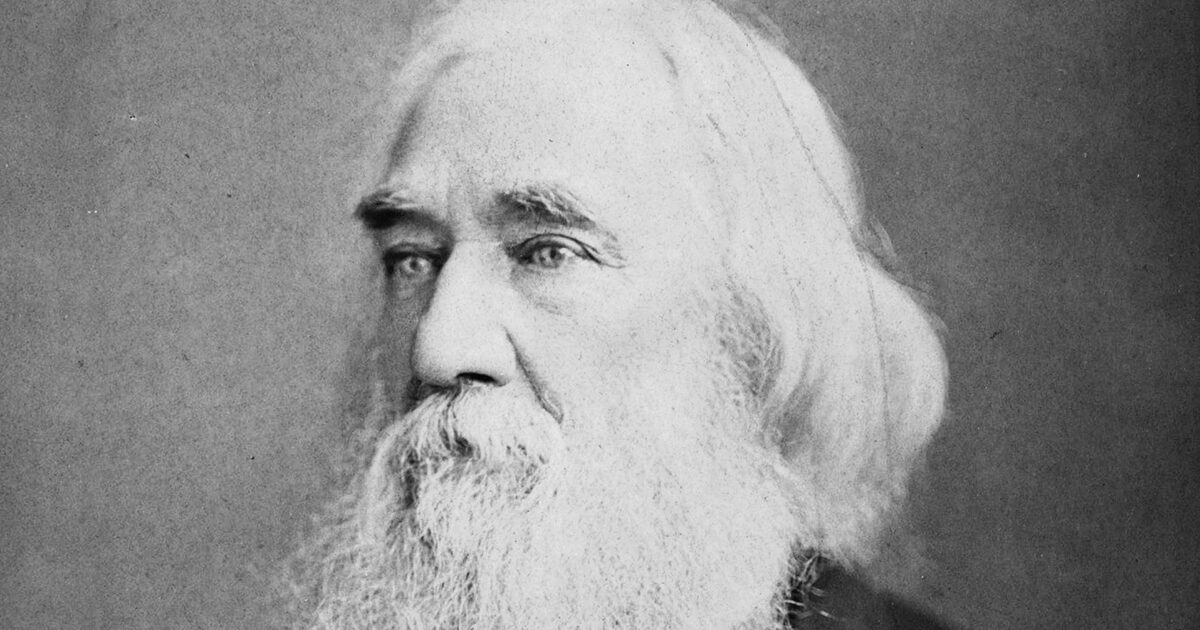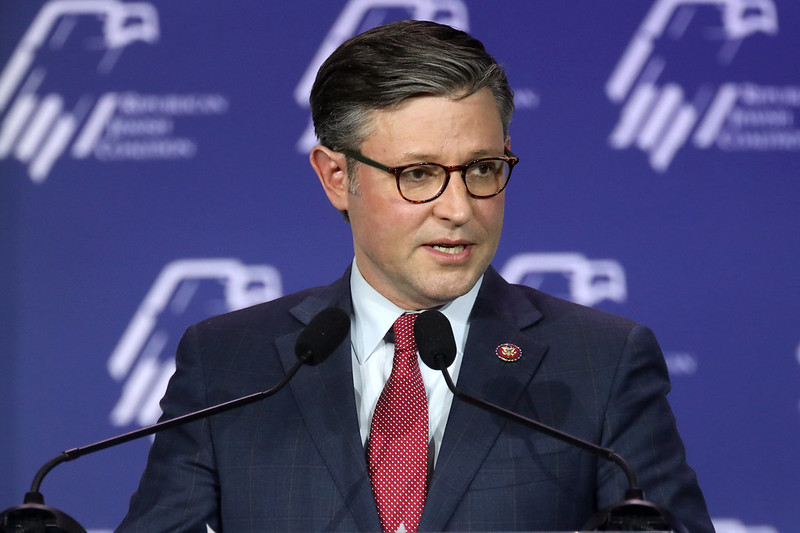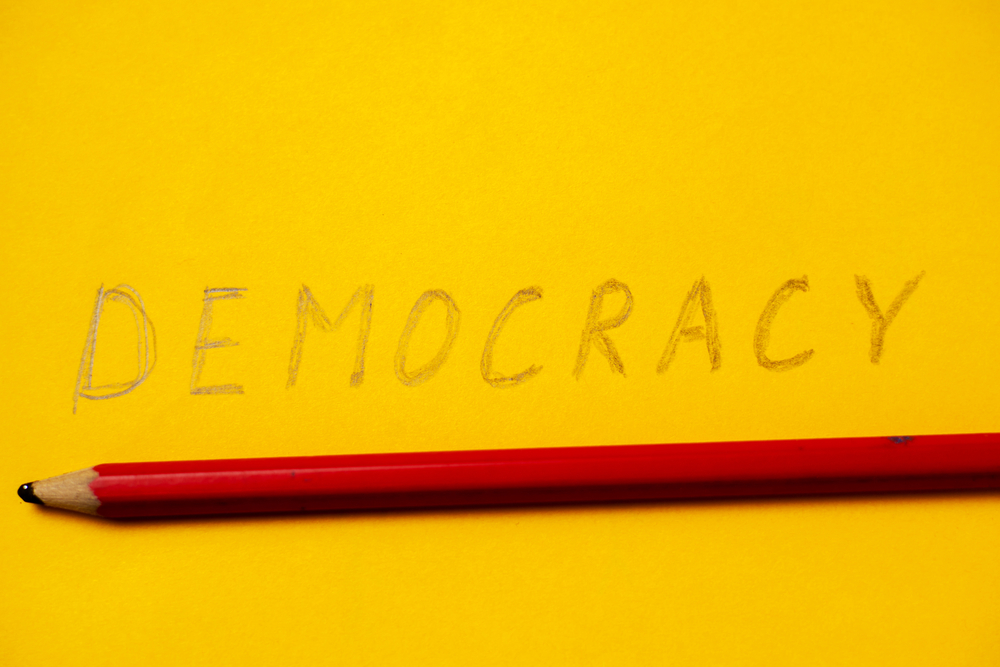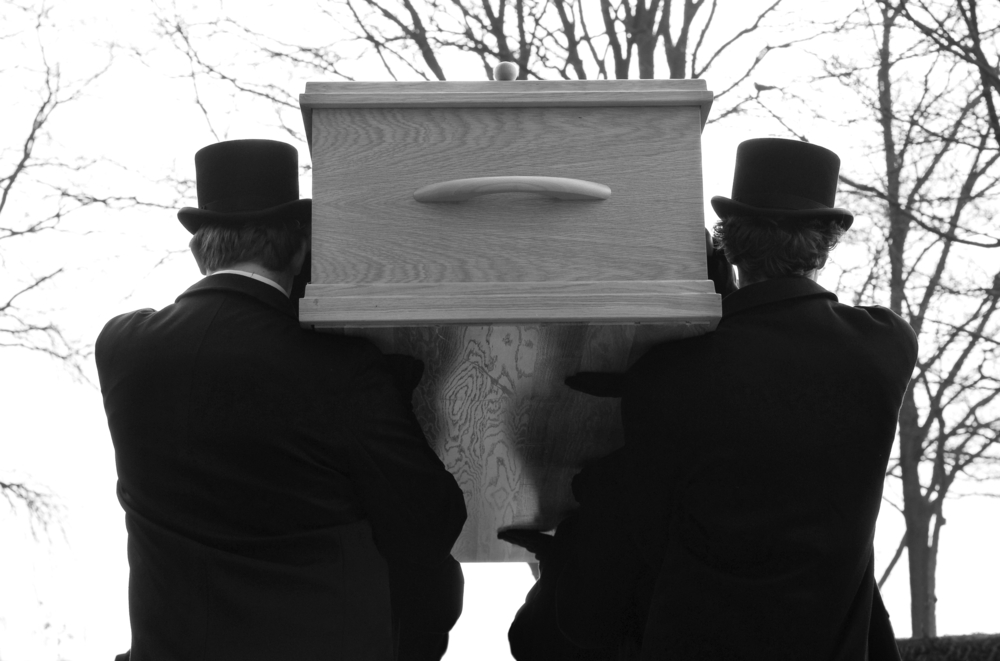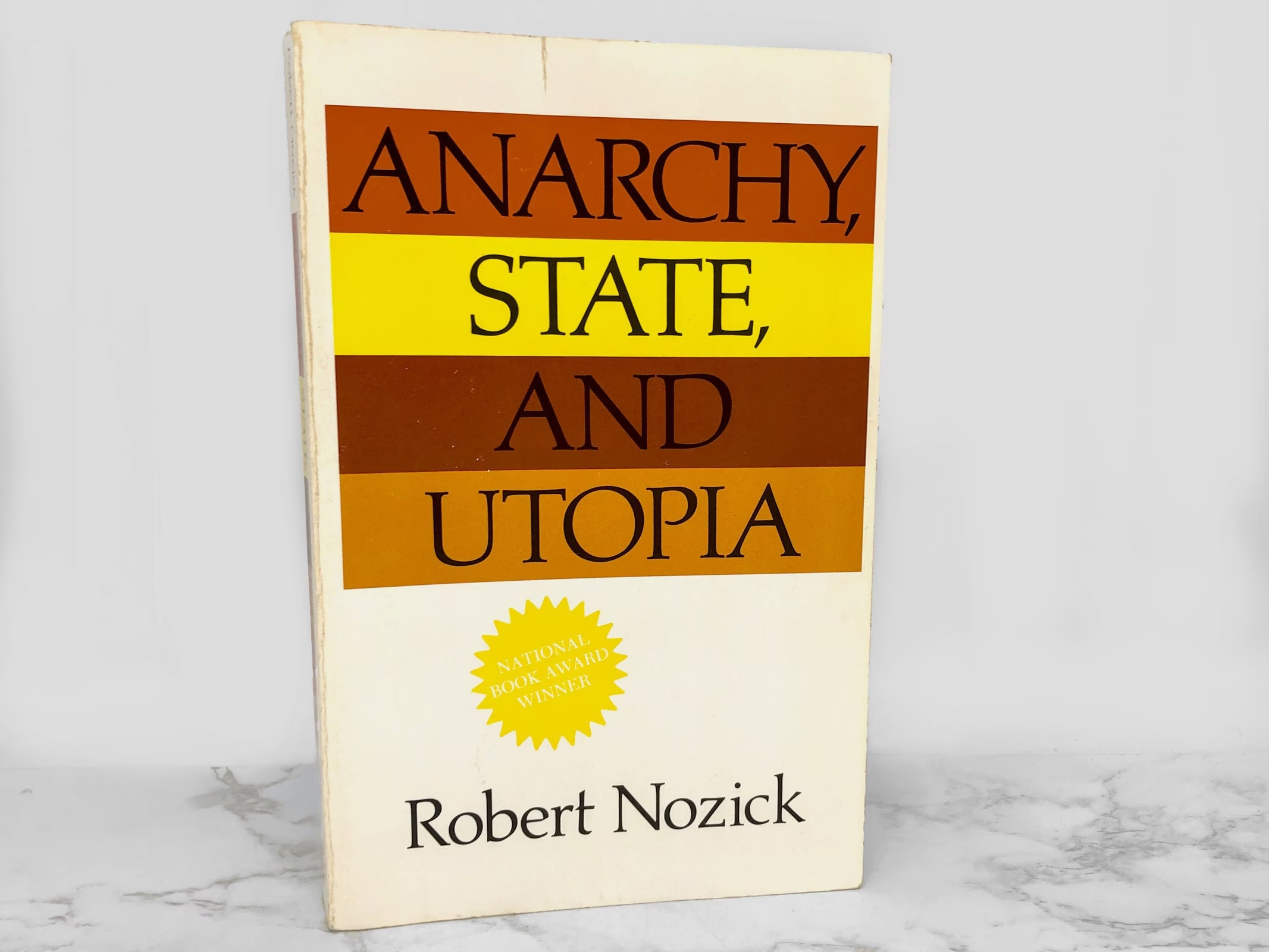“No people who lost their character kept their liberties.” The statement is often repeated, yet far too often overlooked. How is it that such an important statement uttered by a man who has dedicated decades of his life to advancing the cause of liberty—Lawrence “Larry” Reed—rarely seems to get the attention it deserves from those who aspire to create a truly free society?
Even in the United States, which remains the freest society on earth today in many ways, liberty-lovers far too often focus on the liberties that have been lost rather than the conditions that cultivated the growth of liberty in the first place. Yes, it is necessary to point out the follies of central banking and the growing welfare-warfare state. It is also true that liberty indeed cannot be earned if the institutions acting to undermine it are not exposed, but it would be an enormous mistake to ignore the relationship between character and liberty.
The reality is that institutions represent ideas and ideas originate in the minds of individuals. Just as individuals with bad ideas can create poor outcomes in their own lives, when a society is guided by bad ideas, poor outcomes are widespread and the ultimate manifestation of the bad ideas can be found in the society’s institutions.
Accordingly, without a group of individuals who promote the right ideas—honesty, integrity, personal responsibility, humility, perseverance, courage and conviction—and live by them, liberty cannot be achieved nor sustained. In his book, Real Heroes: Inspiring True Stories of Courage, Character, and Conviction, Lawrence Reed explains:
Character, courage, and conviction: these heroic traits are inextricably linked. A person of conviction has a guiding set of principles; a person of character stands by those principles even in difficult times; a person of courage understands that it is not enough to stick to your principles quietly—sometimes you must take action to defend and advance them.
The point of Reed’s book is not just to profile a group of special individuals who helped shape the world in which we live, nor is it to simply suggest we need more people like them. Yes, we do need more people like them, but the main point of the book is to identify the characteristics that make our heroes special and to inspire us to be greater than average, to live like heroes by exemplifying conviction, character, and courage in our own lives.
As Reed points out, “what makes someone a hero? Is it fame, power, money, creative talent, athletic ability, good looks? Despite what our culture typically celebrates, it’s none of those things.” In other words, heroes are not made by circumstances or individual talent; their character is what makes them heroes. As Booker T. Washington put it, “character, not circumstances, makes the man.”
What happens to a society when its men and women lack character? The answer is: nothing good. In such a society, whatever liberty exists will deteriorate and tyranny will certainly follow. Essentially, when individuals don’t have the conviction to be guided by a set of principles or the character to take responsibility for their actions, they will often vote for politicians who promise to solve their problems, rather than see themselves as the solution. Individuals will soon become corrupted by the idea that wealth can be redistributed—that it is acquired not by one’s labor, but by one’s vote instead.
On the other hand, a people of character can have liberty. When individuals are guided by a set of moral principles and have the character to stand up for what is right, they cannot be swindled into thinking politicians will solve their problems. A people of character look to accumulate wealth by earning a living, not by voting for someone who promises to give to them only after stealing from someone else. In fact, individuals with high character are offended by the notion that even society’s most urgent problems should be solved by politicians, rather than churches, charities, and local communities.
Libertarians must not forget the fundamental question: why do we want a free society? If you tear away the superficial reasons and get down to the roots, the answer is that we want liberty because liberty is right and it is just. What is liberty, if not the best way of organizing society in a way such that the right ideas—honesty, integrity, personal responsibility, humility, perseverance, courage and conviction—can grow and prosper in its institutions?
It is not communism or socialism that allows these ideas to grow. In such a society, the citizenry is reduced to fighting over smaller and smaller pieces of an always-shrinking pie. On the contrary, a free and prosperous society cultivates the right ideas because the size of the pie is always growing, people of character are rewarded with bigger and bigger slices, and the struggling few are helped by their virtuous neighbors, rather than conniving politicians who are also after a share of the pie.
Who knows whether character precedes liberty or liberty precedes character? The answer to the question is not important. What is important is that character and liberty go hand in hand; one cannot exist without the other. Therefore, not only is it important to point out the benefits of having a free society, those truly interested in advancing the cause of liberty must stick to their principles and embody the virtues necessary to create a free society.
Lawrence W. Reed. Real Heroes: Inspiring True Stories of Courage, Character, and Conviction. (Delaware: ISI Books, 2016), p. 2-4.






